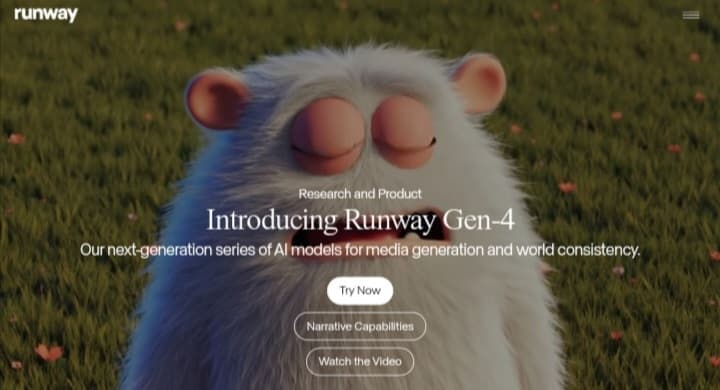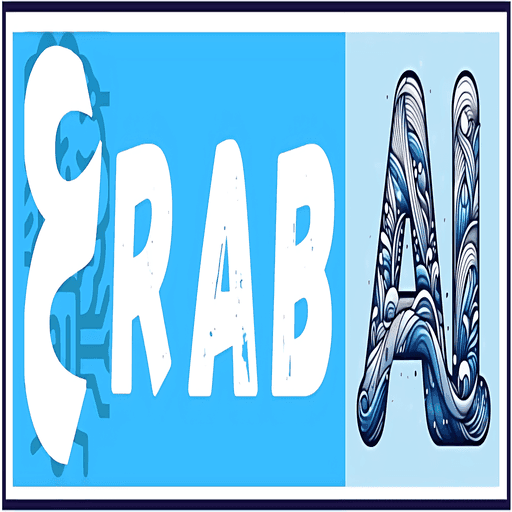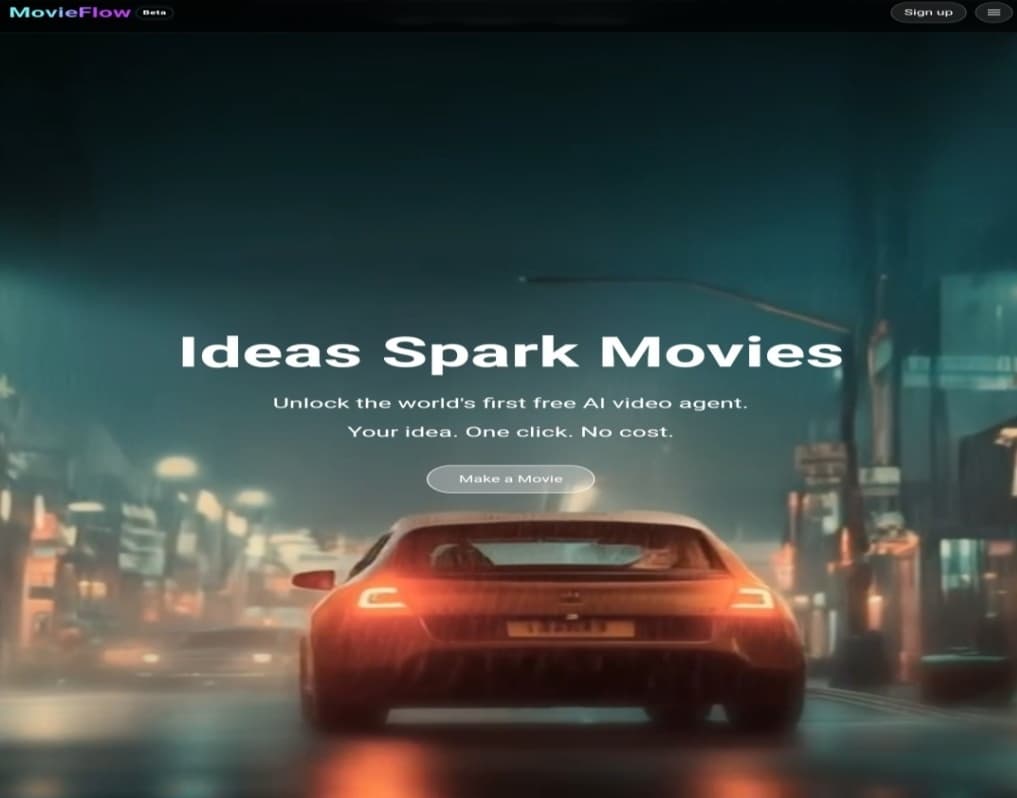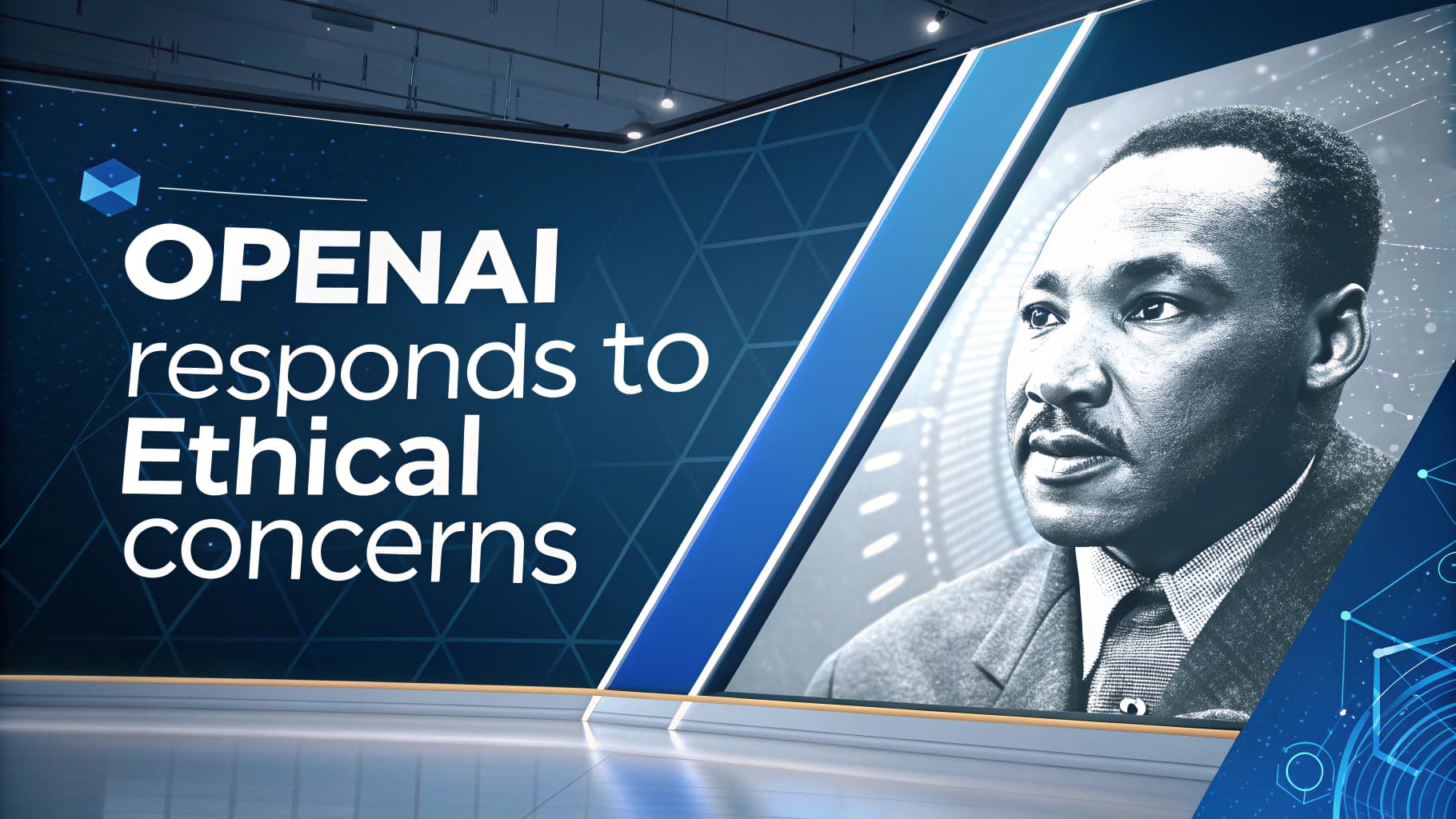
Gen-4: Runway Unveils Top-Tier AI Video Generator
AI technology company Runway has unveiled its new model, Gen-4, regarded as one of the most advanced video generators developed to date.
This iteration comes with significant capabilities in producing high-quality video clips, crucially maintaining consistency in characters, locations, and visual elements across different scenes.
Gen-4 sets a new standard for video generation and is a marked improvement over Gen-3 Alpha. It excels in its ability to generate highly dynamic videos with realistic motion as well as subject, object and style consistency with superior prompt adherence and best-in-class world… pic.twitter.com/w9ACO5boJ7— Runway (@runwayml) March 31, 2025
Gen-4 enables users to create comprehensive scenes by leveraging visual references and text prompts, ensuring consistent style and components in the final output.
According to the company’s statement, the new model requires no additional specialized training; it works directly to translate ideas into intricately crafted, near-realistic animated scenes.
On a different note, however, Runway is currently facing lawsuits concerning the use of copyrighted content in training its models.
While the company defends its practices under the “fair use” doctrine, the future of these legal challenges remains uncertain and could potentially impact the trajectory of AI technology development within this field.
How is AI Impacting the Entertainment Industry?
The influence of artificial intelligence extends beyond simply improving production quality; it is actively reshaping the job market within the film and television sectors.
This trend is underscored by a 2024 study conducted by The Animation Guild, which reported that approximately 75% of production companies adopting this technology have either reduced or consolidated certain job roles.
This naturally leads to the persistent question: How will this ongoing transformation affect the future prospects of professionals working in these industries? This forms a central part of the continuing debate surrounding the relationship between artificial intelligence and employment.




